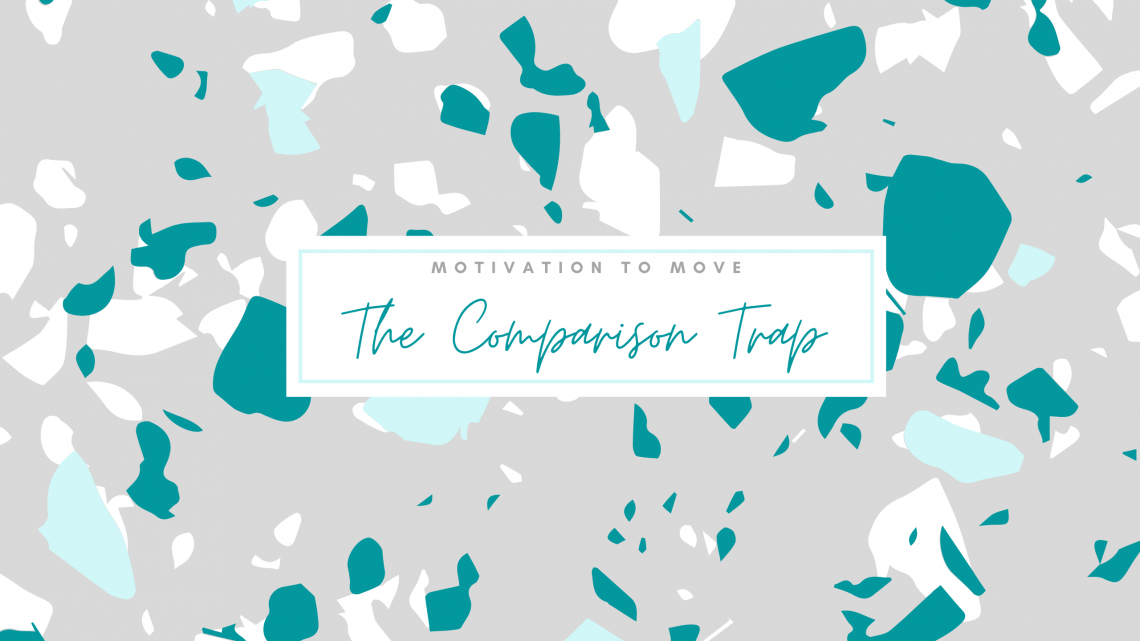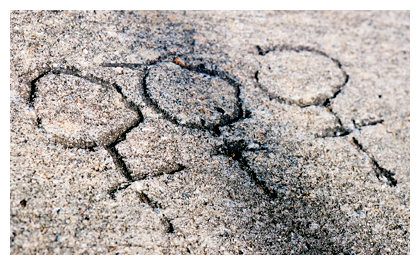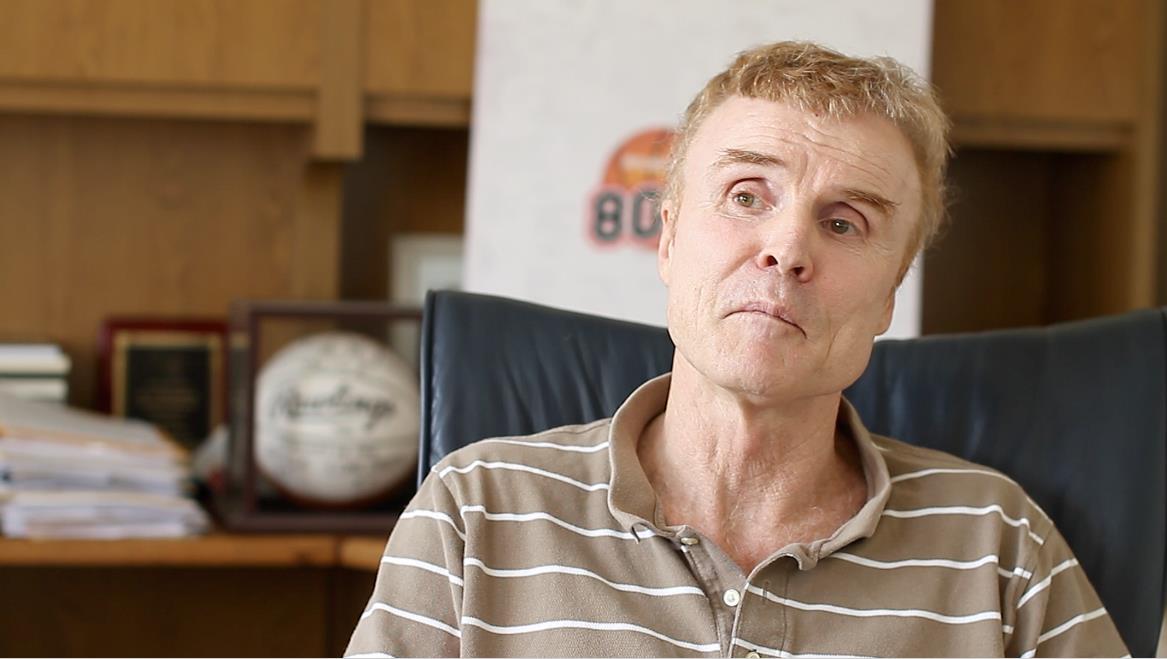Written by Addi Freiheit
“Looking good naked is a great side effect. I mean, people love that. It’s not what should be your priority of exercising, if that makes sense,” freshman business marketing and military science major Cameron Huelin said.
Looking at Huelin, that sentence might surprise you. Huelin is currently on scholarship at Biola University through the Reserve Officer Training Corps and regularly practices CrossFit – an exercise practice that includes high-intensity functional movements. Simply put, Huelin is buff. But while Huelin carries his bulk of muscle with the utmost confidence, wisdom also marks his stride.
“I think healthiness and happiness are intertwined. And I know I for one am so much happier when I feel healthy. And I didn’t say look healthy. I said feel healthy,” Huelin emphasized.
LOOK HEALTHY, FEEL UNHAPPY
There was, however, a time when Huelin struggled to remember this truth.
“I was very concerned with how I looked and that led into a bunch of nutrition stuff,” says Huelin.
That “nutrition stuff” included counting macronutrients such as carbohydrates, proteins, and fats. Although some CrossFit participants and athletes do this to enhance their performance, Huelin admitted that performance was not his intention.
“I was always stressed out about how people perceived me,” Huelin admitted. “I was so worried that I needed to be the fittest person in the room or look like the fittest person in the room.”
NEED TO BE THE BEST
Unfortunately, many people are motivated to work out by this need to impress. Wanting to look their best is not wrong. The problem comes when exercise and eating habits are motivated by pride and perfectionism.
When senior fine arts major Katherine Sherlock entered her freshman track season at Biola University, she was fearful of gaining the “freshman fifteen” and began to heavily control her food intake. After cutting out most breads and desserts, Sherlock’s restriction eventually led to a cycle of binge eating and food guilt. She also admitted to constantly critiquing her body in the mirror.
“I want to be the best. I want to be the best looking girl on the team or on campus. I want to have the best body,” Sherlock said, explaining her former mindset. “My thoughts were all the time about myself and what I’m doing.”
CONTROLLING THE UNCONTROLLABLES
Freshman philosophy major Jake Hazan also began a brutal cycle of comparison during his cross-country and track seasons in high school. A poor coaching experience during football inspired Hazen to join his friends and run cross-country, but it was not until his junior year that he began to take it seriously.
“I dropped over fifteen pounds coming into my senior year so I could I could look more like the people around me,” Hazen confessed. “I thought that would make me faster, but it really didn’t.”
Rather than counting his macronutrients or avoiding carbohydrates, Hazen ran rigorously. Hazen clarifies that it wasn’t running six miles a day that was harmful, but his lack of stretching and self care. Either way, Hazen’s determination to look like a runner led to injury.
“I tried to control things that were not in my power,” Hazen said, referring to his build. “It’s better to focus on yourself than others because you can’t control others, but you can always control yourself.”
Hazen emphasized that habit and discipline are aspects of health that can be controlled, while the way that one’s body was created cannot. Although this reality may be initially discouraging for the aspiring runner or volleyball player, Huelin expressed how this truth actually presents freedom.
“Different people are different body types for a reason,” he said. “Because God made us that way: individual humans. It’s never healthy to try and be something you’re not.”
SOMETHING GREATER
What is healthy is embracing the way that you were created, the gifts you were given, and the purpose you were called you to. When Sherlock began to step into her passion for missions and art, she ended up leaving track and she relaxed her hold on food and exercise. She now acknowledges the beautiful reality that God has made her for greater things than having the perfect body. That has released her from her slavery to comparison and into a gratitude for what is at hand.
“God has created me for so much more than myself and my own goals. My idea of the way I should be is so, so small in comparison to what God can do with my life,” Sherlock said.
There is a tension between disregarding your physical health and becoming obsessed with your appearance. Wisdom can help discern the insecurity that may fuel a workout session or the pride that results in a side glance at the mirror. True health is shedding aside comparison and putting the pursuit of physical health in its place.
As Huelin said, looking healthy and being healthy can be two different things. When physical health is a priority rather than the sole purpose for existence, it leaves room to pursue activities that have an eternal affect in the kingdom of God. It is important to steward your body, but not at the expense of loving the people around you and enjoying the body God gave you.





